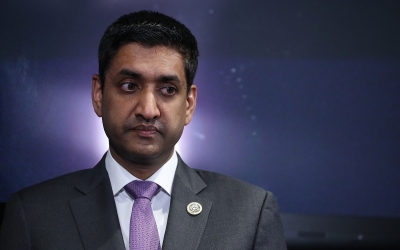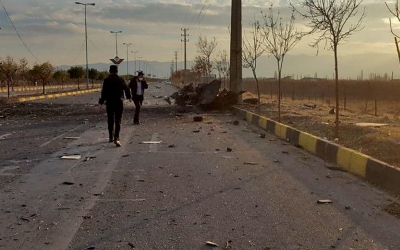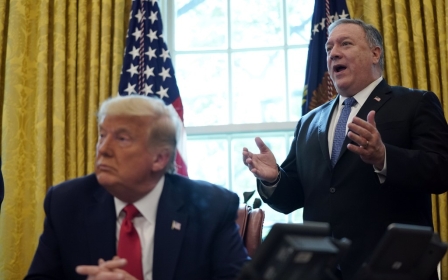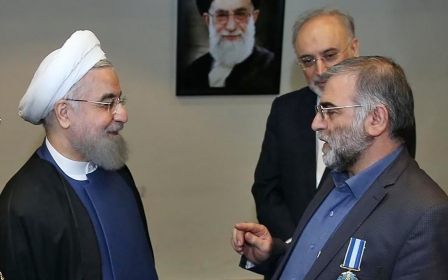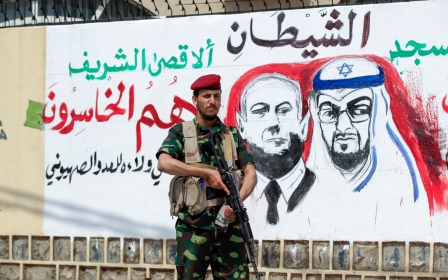Joe Biden reaffirms he will seek return to Iran nuclear deal
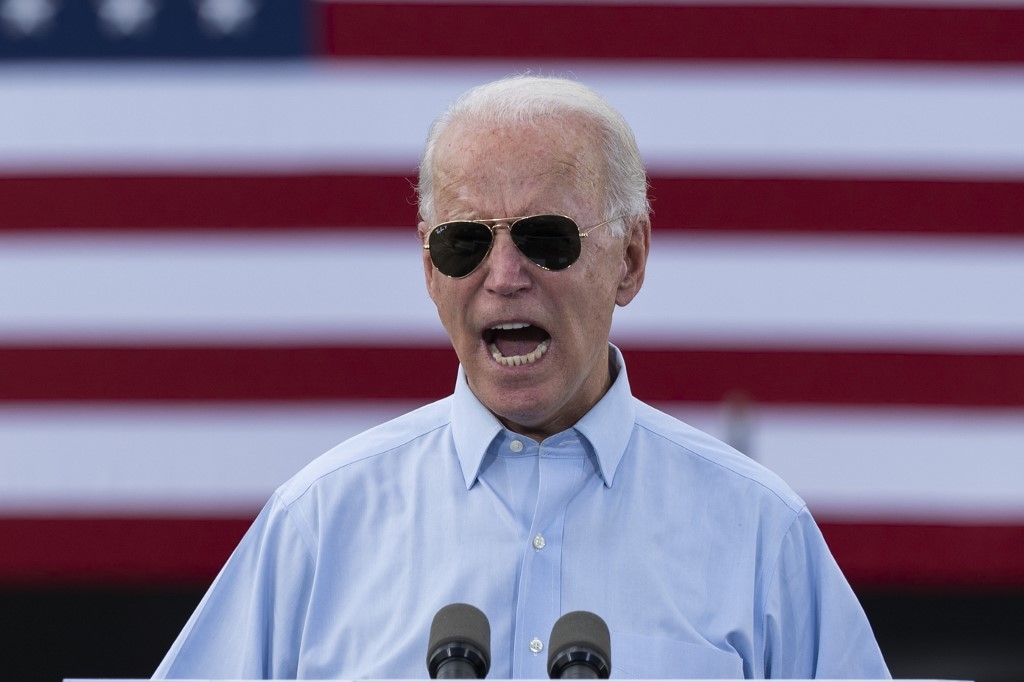
US President-elect Joe Biden reaffirmed that his incoming administration would seek a return to the multilateral nuclear deal with Tehran if the Islamic Republic also restores its compliance with the pact.
In an interview with New York Times columnist Thomas Friedman, published on Wednesday, Biden pushed back against the proposal of maintaining sanctions against Iran's oil sector to gain leverage over broader geopolitical issues with Tehran.
Asked whether he stands by his previous call for a mutual return to the pact, Biden said: "It’s going to be hard, but yeah."
The incoming US president said preventing Iran from obtaining a nuclear weapon would be his priority.
He said dealing with Iran's nuclear programme is "the best way to achieve getting some stability in the region" and warned of a nuclear arms race in the Middle East where countries including Saudi Arabia and Egypt would try to acquire nuclear bombs to counter Iran.
"The last goddamn thing we need in that part of the world is a buildup of nuclear capability," Biden said.
The multilateral nuclear deal, known as the Joint Comprehensive Plan of Action (JCPOA), was negotiated by the administration of former President Barack Obama, in which Biden served as vice president.
The accord saw Iran scale back its nuclear programme in exchange for the lifting of sanctions against its economy.
But in May 2018, President Donald Trump abandoned the deal, and his administration has been piling sanctions on the Iranian economy as part of its "maximum pressure" campaign. In response, Tehran has also downgraded some of its commitments to the agreement.
Hostility on the rise
Since then, hostility has been on the rise between the two countries and their regional allies. Early in 2020, Washington and Tehran came to the verge of war after a US air strike in Baghdad killed top Iranian general Qassem Soleimani.
Biden's remarks this week come amid another spike in tensions after the assassination of Iranian nuclear scientist Mohsen Fakhrizadeh.
In a column following the killing, Friedman urged Biden not to remove Trump's sanctions against the Iranian oil sector in order to extract concessions from Tehran over the transfer of precision-guided missiles to its allies in Iraq, Lebanon, Yemen and Syria.
"If Biden tries to just resume the Iran nuclear deal as it was - and gives up the leverage of extreme economic sanctions on Iran, before reaching some understanding on its exporting of precision-guided missiles - I suspect that he’ll meet a lot of resistance from Israel, the UAE and Saudi Arabia," Friedman wrote on Sunday.
The column faced pushback from diplomacy advocates who argued that retaining the sanctions would make a return to the deal impossible and dim the prospect of resolving issues with Tehran through talks.
In his interview with Biden, the columnist said the president-elect did not think the idea was "crazy", but refused to adopt it nevertheless.
The incoming US president reiterated that a return to the JCPOA would be a starting point for further negotiations to strengthen the deal itself as well as talks over regional issues.
"In consultation with our allies and partners, we’re going to engage in negotiations and follow-on agreements to tighten and lengthen Iran’s nuclear constraints, as well as address the missile programme," Biden said.
Middle East Eye delivers independent and unrivalled coverage and analysis of the Middle East, North Africa and beyond. To learn more about republishing this content and the associated fees, please fill out this form. More about MEE can be found here.


